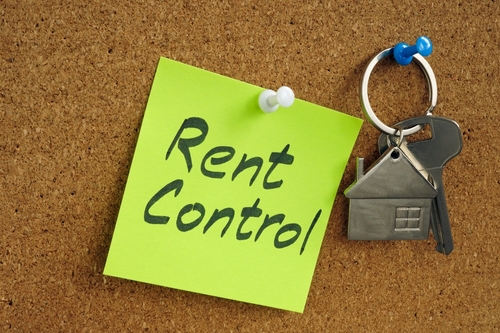
The chief operating officer of a leading PropTech company says government proposals to increase mandatory licensing of Houses in Multiple Occupation provides an opportunity to crack down on “criminal landlords” operating in the private rental sector.
Neil Cobbold of automated rental payment provider PayProp says the new rules could also boost living standards for private renters while simultaneously reducing the number of overcrowded properties.
Under proposals from the Department of Housing, Communities and Local Government the current HMO licensing - applicable to properties with three or more storeys - will be extended to all properties occupied by five or more people from two or more households.
It has been estimated that the rules will bring an additional 160,000 homes under mandatory HMO licensing - around 60,000 properties are now included.
Cobbold says that while landlord licensing schemes are often criticised as money-making projects for local councils, bringing all HMOs under one framework appears logical.
"With HMOs adapting and more of these now two storeys or fewer, it’s important that the legislation is brought up to date. Overcrowding has become one of the biggest issues in the rental sector and this increased regulation could contribute significantly towards solving the problem" he says.
There is currently no date set for the introduction of extending HMO licensing, which has yet to be formally agreed by Parliament. However, the government says it is hoping to enact legislation later this year.
Other outstanding lettings legislation and policies include the ban on upfront letting agent fees, the movement to count private rent payments towards tenants’ credit scores, the reform of the leasehold sector and the national blacklist of criminal landlords and letting agents.
Cobbold adds: "For all these measures to have a long-term positive impact on the industry, there must be appropriate action and enforcement. The more proposals that are made and consultations carried out, the more we risk further delay to policies."
PayProp recently encouraged letting agents to respond to as many consultations as possible, noting that as part of the consultation for the proposed HMO measures, only 11 of 395 responses were from letting agents - representing less than three per cent of the total number of respondents.
"It’s unlikely that the government will stop regulating and monitoring the rental sector so closely in 2018, so it’s vitally important that when presented with the opportunity, letting agents have their say and do their utmost to shape future legislation that benefits all parties," Cobbold concludes.













%20-%20IMAGE%20Client%20Accounting%20%E2%80%93%20what%20are%20your%20options.jpg)









Join the conversation
Be the first to comment (please use the comment box below)
Please login to comment